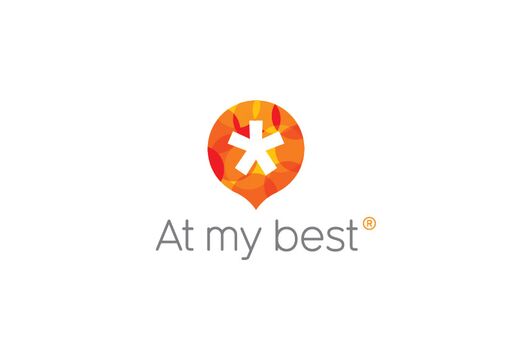Whilst at a conference recently I attended a very interesting presentation by Claire Pedrick from 3D coaching. Claire was talking about keeping things simple. Her basic premise is that coaching is at its most effective when the coach keeps his/her intervention to a bare minimum.
She talked about the coach role as being ‘keeping someone company whilst they think’. There was lots about Claire’s presentation that caught my attention, and I was particularly taken with her point about the fact that the questions and tools a coach uses shouldn’t get in the way of the coaching.
All too often we, as coaches and psychologists, spend a lot of time ‘diagnosing’. There are so many wonderful psychometrics and similar tools out there that can give us a picture of someone’s personality, preferences, abilities and wellbeing. Whilst those tools can be very useful and most definitely have their place, I do worry that often they hinder more than they help.
Coaching is about empowering the individual.
The coach is the facilitator and not the expert. As soon as we start to use psychometrics that require interpretation, the power balance starts to shift. For example, if I am interpreting someone’s personality profile and feeding that back to them I am sending the message that I am the expert in their personality – surely that is at odds with the aims of coaching? Whilst I am fully aware that a skilled psychologist or coach will competently manage that sort of situation to give the opportunity for the individual to reflect and challenge the feedback, I’m not sure we can completely avoid that dynamic.
Tools shouldn't be the focus of coaching
I do believe there is a role for tools in coaching, but I think we should be very careful about what we use and when. As Claire said, tools shouldn’t get in the way; they shouldn’t be the focus of the conversation – the person should. Further, the person being coached should feel that they are in control and that they are taking responsibility for their situation and any changes they might make.
So I am an advocate of simple tools; ones that stimulate conversation and get people thinking – but then give them the freedom and permission to progress in their own way, using their own language and their own context.
